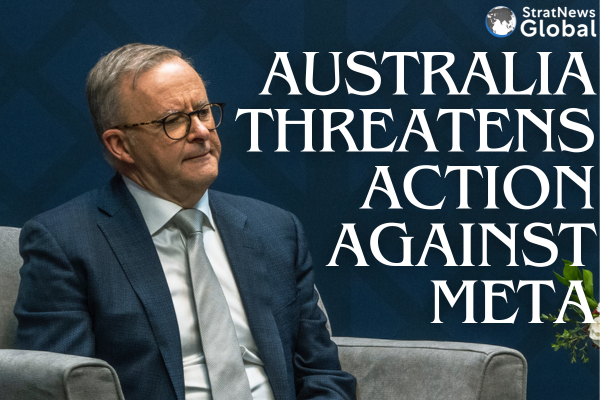Shehbaz Sharif has become the prime minister of Pakistan for the second time after his coalition government secured a majority in the newly-elected Parliament. Sharif emerged as the consensus candidate of the Pakistan Muslim League-Nawaz (PML-N) and the Pakistan Peoples Party (PPP). The coalition got 201 votes in the 336-member house.
Sharif’s challenger Omar Ayub Khan of jailed former prime minister Imran Khan’s Pakistan Tehreek-e-Insaf (PTI) secured 92 votes. The session of the new parliament was convened amid ruckus and sloganeering by PTI-backed lawmakers.
In the recently concluded polls in Pakistan, no party secured a majority in the February 8 poll. Candidates affiliated with PTI under former Prime Minister Imran Khan were forced to run as independents with the election commission cancelling the party symbol ahead of the polls.
Independent candidates backed by PTI emerged as the single-largest block winning 101 national assembly seats. The PML-N won 75 seats while the PPP came third with 54 seats. Imran Khan has been barred from contesting polls and is facing a lengthy jail sentence in multiple cases.
Sharif was first sworn in as Pakistan’s PM in April 2022, after Khan was dramatically ousted from power in a parliamentary no-confidence vote. Khan has been sentenced to jail in a series of cases including that of corruption and revealing state secrets.
The incoming prime minister faces a series of challenges and that includes the immediate task of negotiating with the International Monetary Fund (IMF) for a new loan.
Last year, Pakistan faced the threat of default, with foreign reserves coming down to $4.4billon – barely covering a month’s worth of imports. The then PM Shehbaz Sharif had managed to secure a crucial bailout package from the IMF – just weeks before the government’s term expired.
Pakistan’s debt has soared since 2007 as authorities failed to invest borrowing from international bondholders and countries, including China, into productive sectors.
















